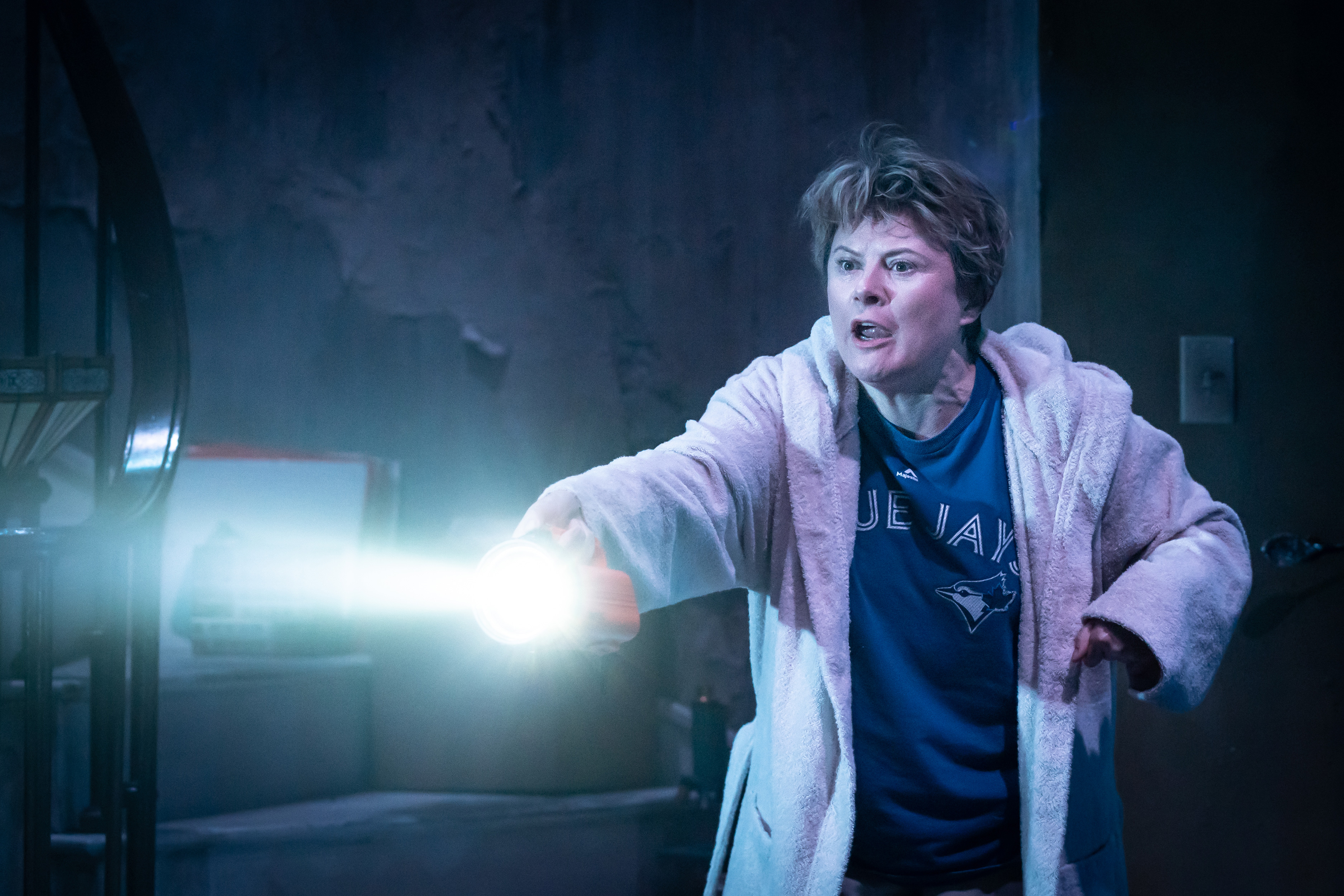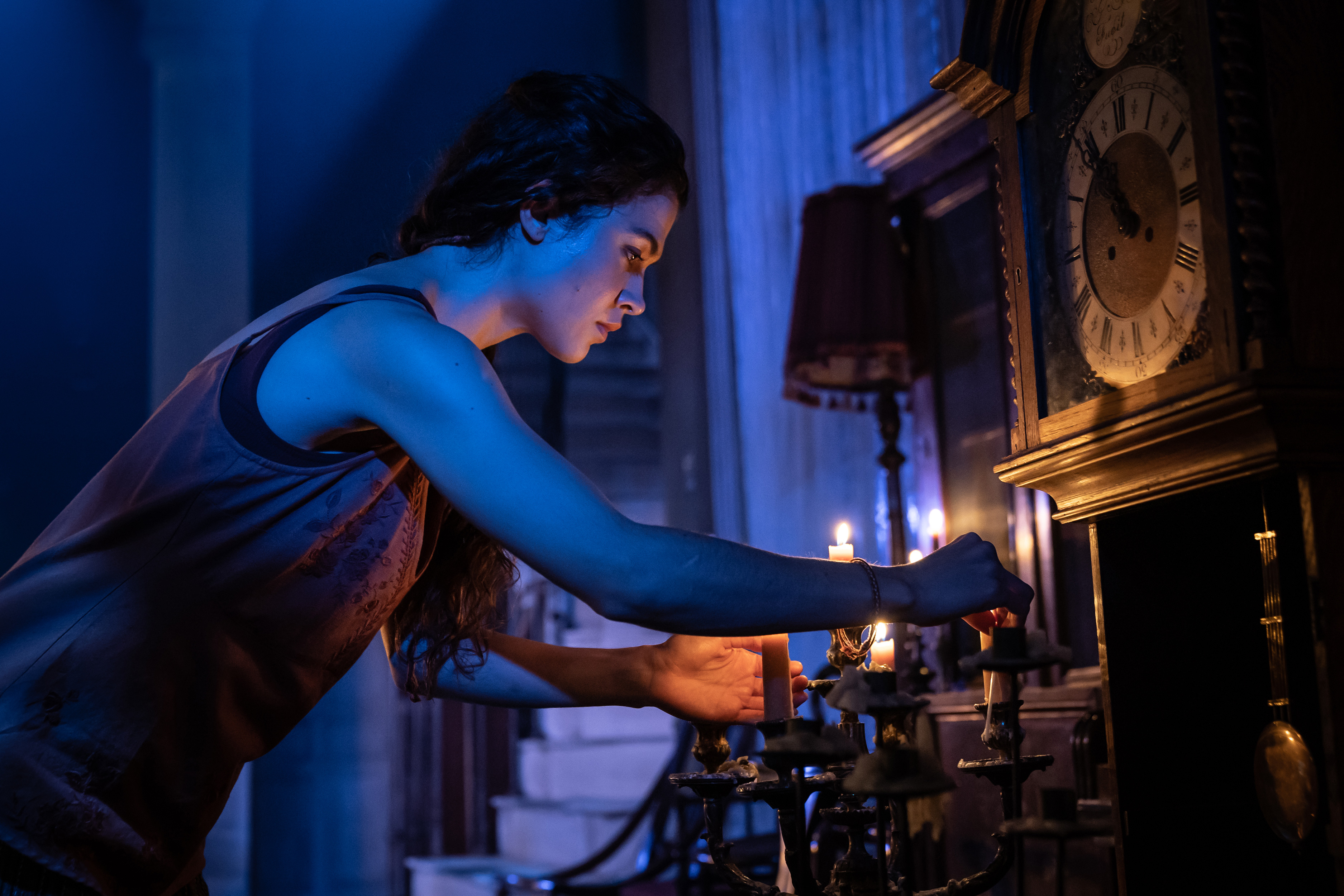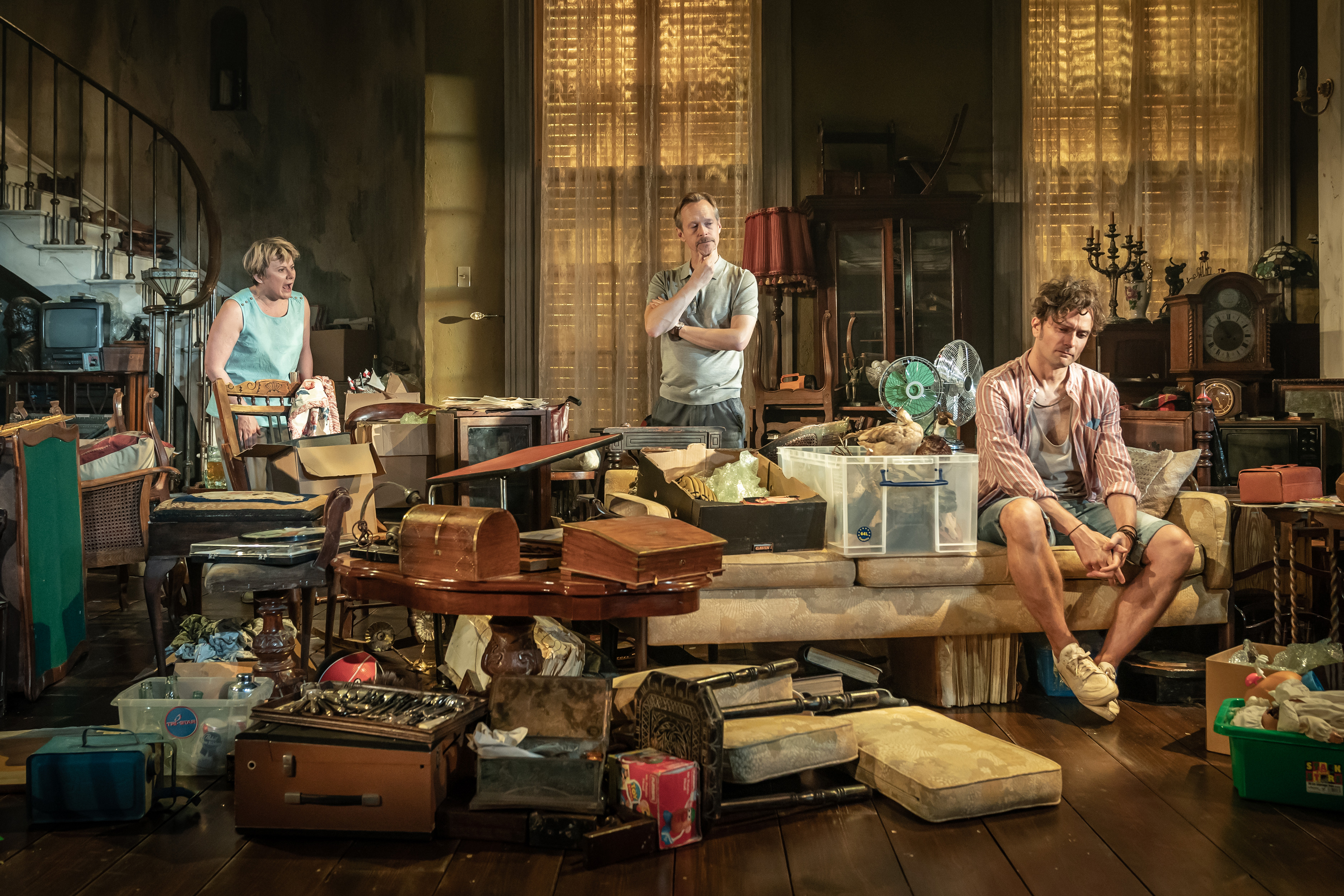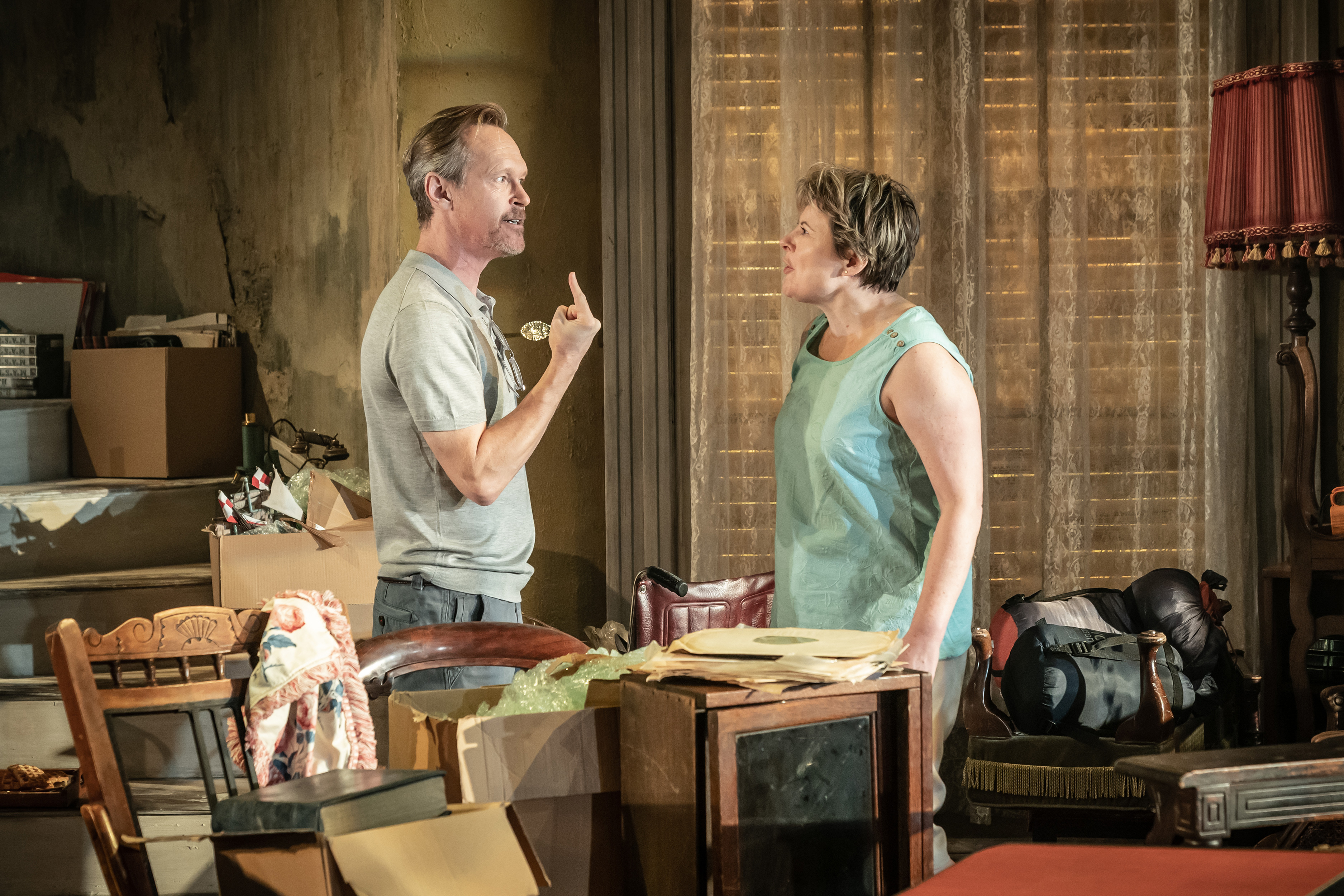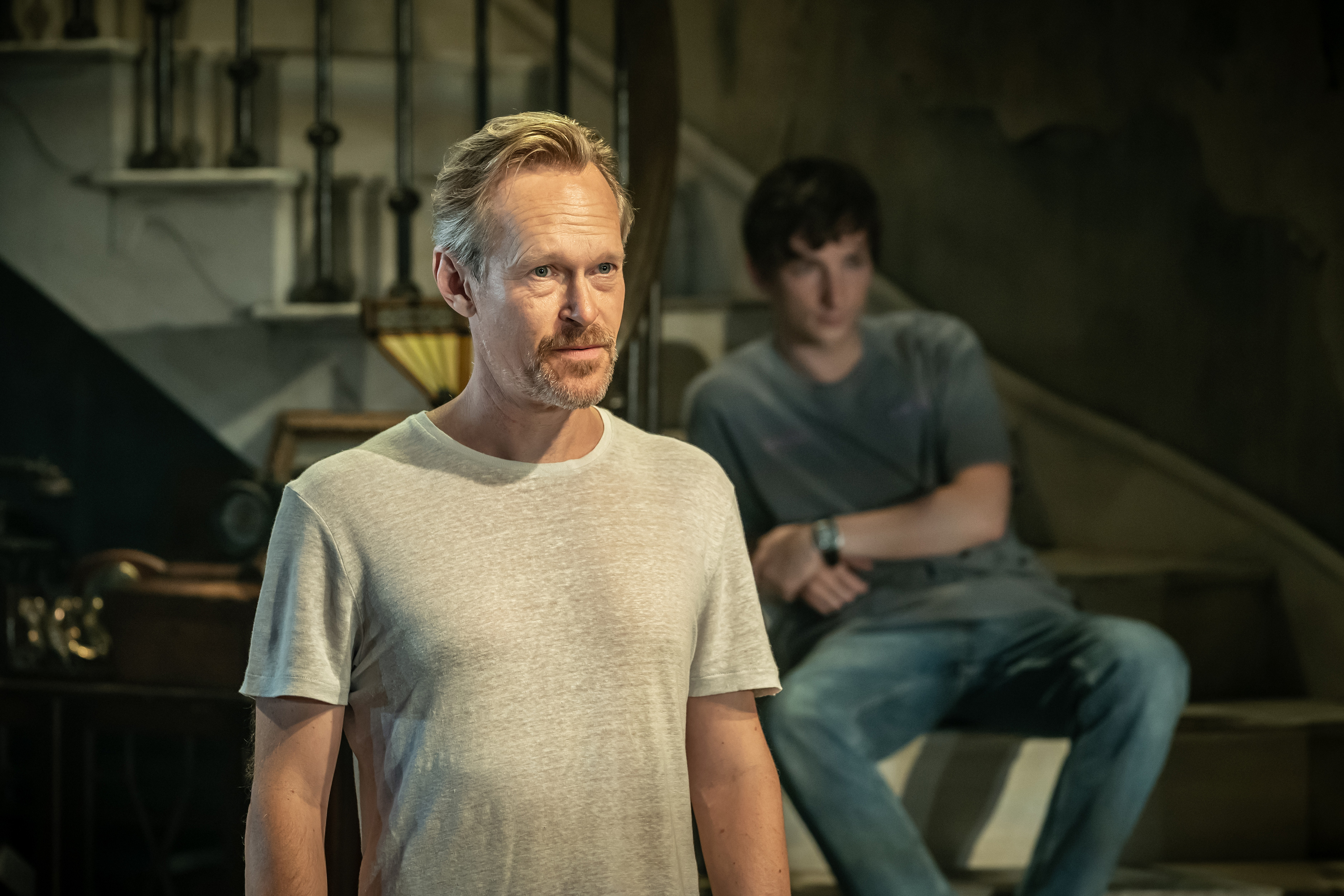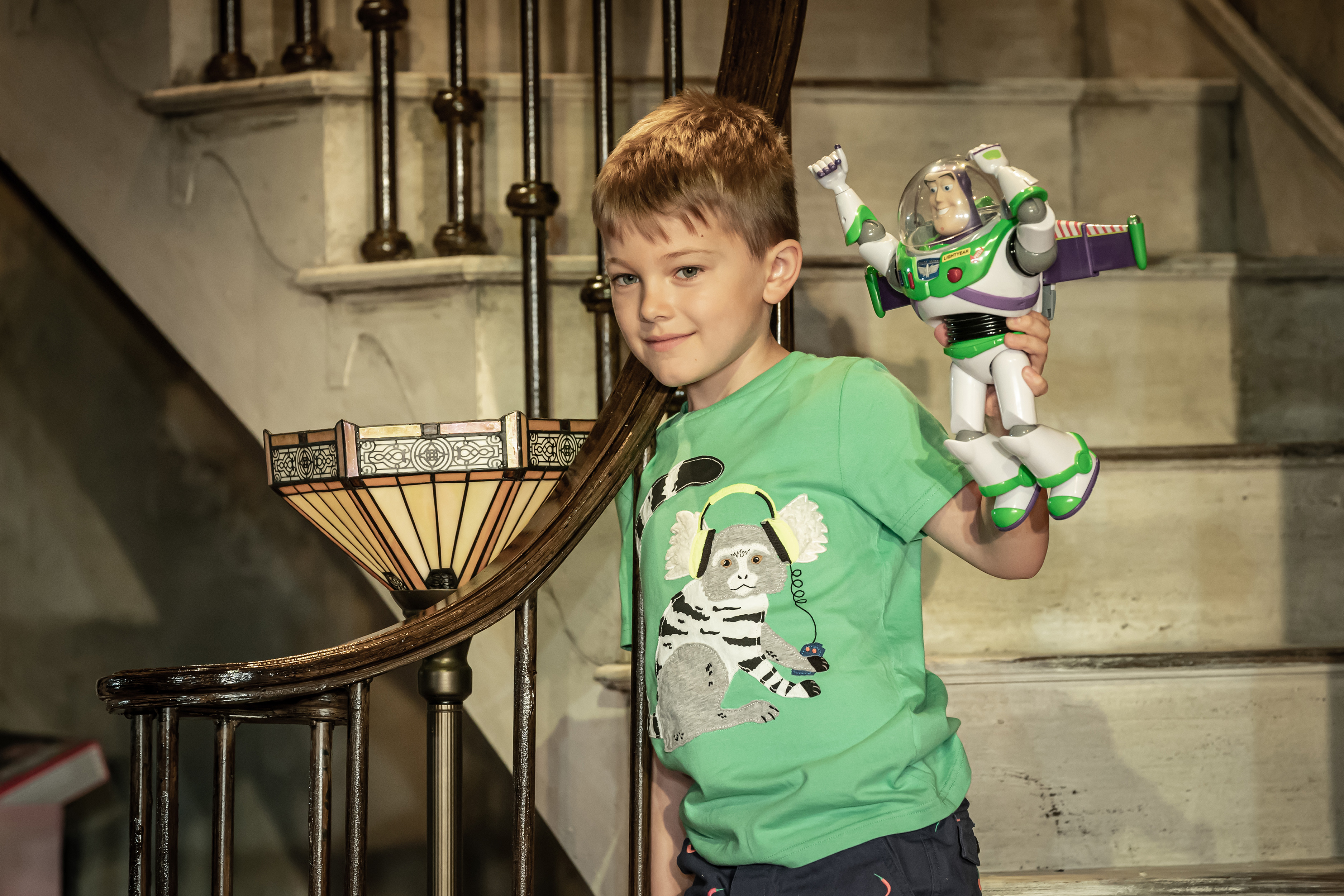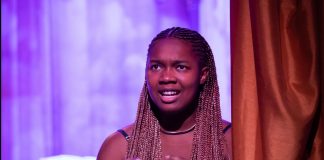In between the squeals of audience laughter, you realise quickly that the Ola Ince directed Appropriate is incredibly clever work. Playwright Brandon Jacob-Jenkins sets his play in a spooky old plantation house, as siblings gather to oversee its auction and claim what might be left of their inheritance following the death of their father.
The play sits in the great tradition of family-based plays such as Arthur Miller’s View from a Bridge or August Wilson’s Fences, using familiar tropes such as inheritance, legacy and the returning prodigal son. Yet Appropriate offers a fresh take on the family drama genre, infusing the play with another critical part of American historical tradition, slavery. Despite no black characters in the play, slavery and its legacy are never far from the main narrative. Slavery and racism provide the context and framework to the audience’s understanding of the play and its characters. You cannot divorce one from the other, Jacob-Jenkins perhaps telling the audience the same is true for understanding American society.
A laugh-out-loud play which uses America’s original sin of slavery to explore identity and relationships in a family drama.
As the dysfunctional Lafayette siblings gather to organise and catalogue their dead father’s possessions in preparation for the sale, they make a startling discovery which causes discomfort. Among their father’s belongs, they discover disturbing photos of lynchings and dead black people.
What’s interesting is that the characters do not reckon with this discovery in any deeply personal way. Middle son ‘Bo’, played ably by Steven Mackintosh, recounts a story of his first day at college and Dad’s treatment of a black guy he was sharing a room with, indicating he was already aware of his father’s racist attitudes. Bo’s Jewish wife Rachael (Jaimi Barbakoff), who appears most horrified by the discovery, tells of her own racist experience with Bo’s father, perhaps explaining why Bo and his wife had seldom visited over the years.
The eldest daughter Toni (Monica Dolan), who spent most time with the father in the last few years is defiant to the idea of her father as a bigot or even that he owned the photos. While youngest son Franz (Edward Hogg), ostensibly a reformed paedophile is initially too wrapped up in his ‘ask for forgiveness’ tour to pay much attention to them.
It is only Franz’s girlfriend River (Tafline Steen) who takes an avid interest in the photos. Though her curiosity only extends to the gaze, she has no more idea of what to think or how to feel about the photos than the Lafayette clan. Even Bo’s teenage daughter Cassie is unaffected by seeing the photos, suggesting posting them on Instagram with the same casual indifference as you would suggest posting a selfie. Isabella Pappas captures the gen Z teenage spirit perfectly. For me the collective indifference to the photos was the playwright’s way of highlighting the inability of white Americans to deal with slavery as an important part of American history and identity.
The photos become important again to the family only when they realise they might be worth a huge amount of money, particularly to a niche audience (ie. Racists). Again this would seem to be Jacob-Jenkins searing commentary on American society which pops up during different points of the play. Here suggesting that black pain is only perceived as valuable when it is commercialized. The Lafayette family never question the consider the ethics of profiting from pictures of dead black people.
We look at identity and reinvention again and again through the characters. With Franz, his lack of candour about the nature of his sex crime suggests he is more comfortable lying than grappling with truths. The same is true of Toni who has created a narrative of herself completely divorced from the reality which crumbles throughout the play. Toni’s character is a toxic combination of BBQ Becky (forthright in her opinions while causing harm to others) and an aging woman embittered by life’s disappointments.
Actress Monica Dolan, whose performance is a real highlight, plays her with such depth so she comes across as one of the more rounded characters. Bo is lying to his wife about the fact he is about to lose his job, when his self-stylised status is an important part of his identity. Rhys is planning to leave his mother Toni to live with his father but his anti-semitic slur earlier in the play suggests that he will take with him a family legacy of racism which already forms part of his identity.
Like all great American plays, the deeply dysfunctional family drama is played out as an allegory for American life but this is done with acerbic wit. The plantation backdrop with gothic undertones, a reminder that cannot escape the past or dead however much you try.























